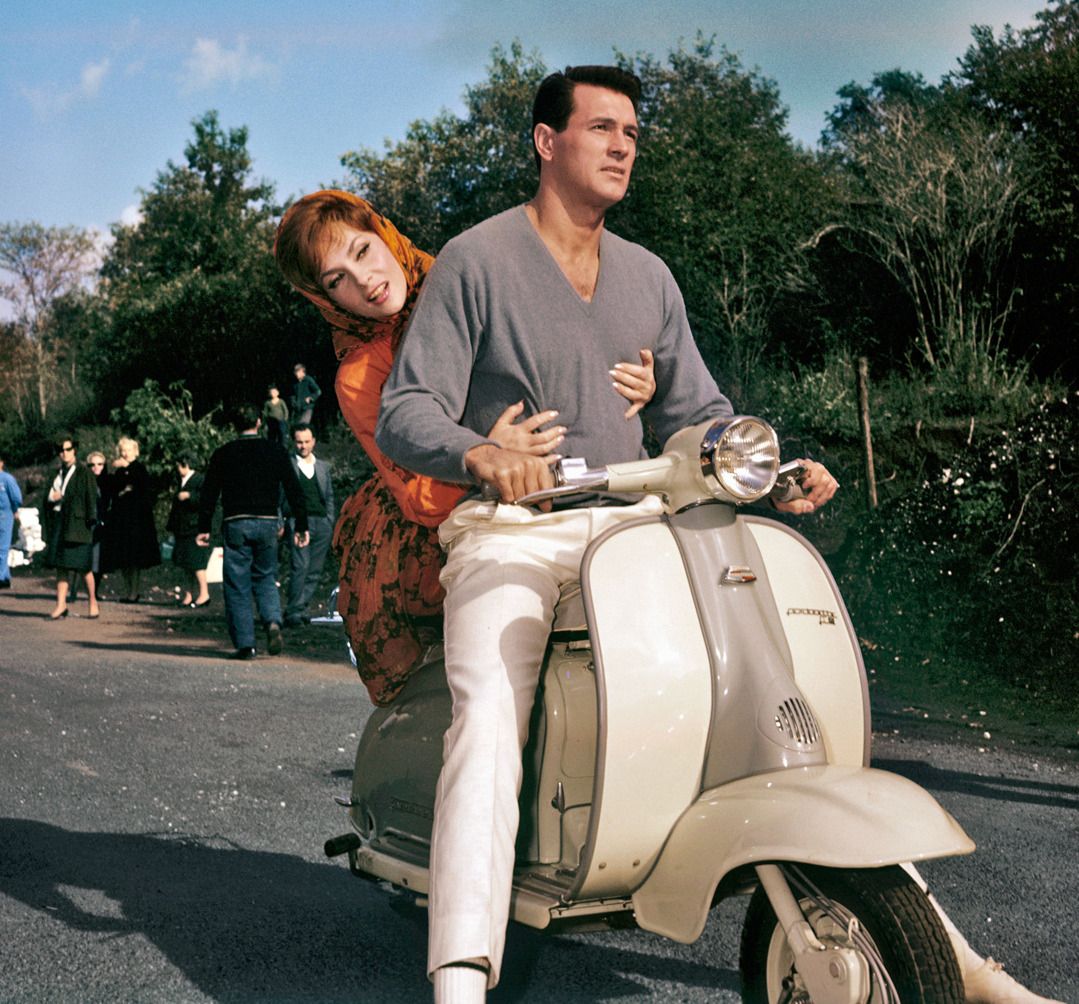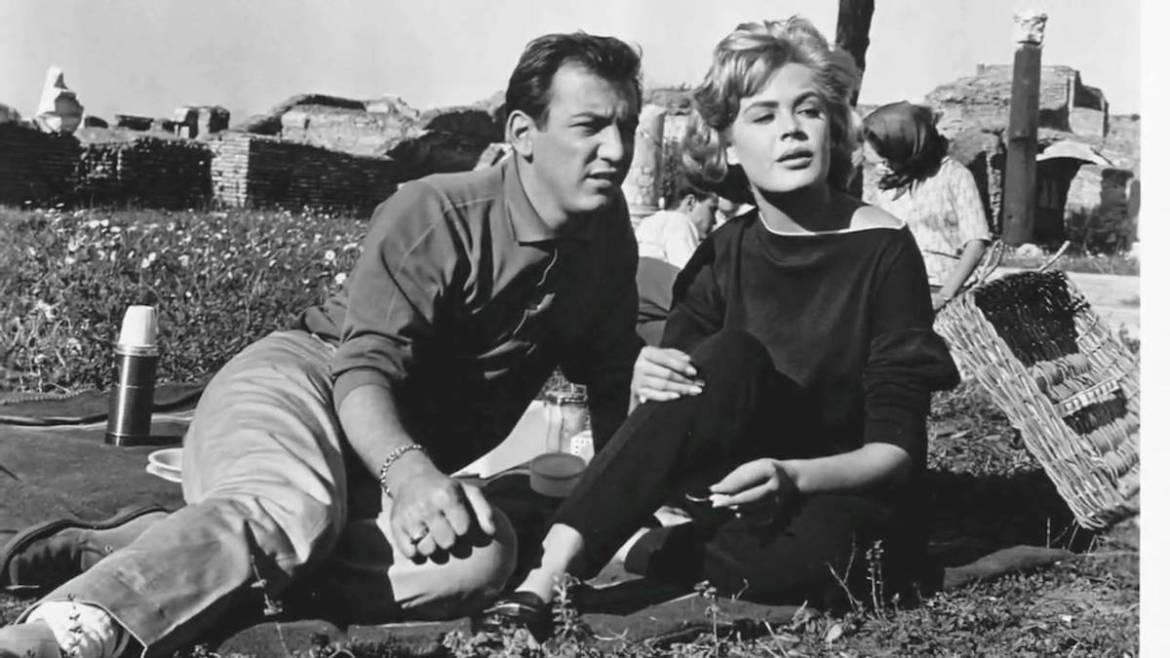Mother Nature’s a clever gal
She relies on habits
Take two hares with no cares
Pretty soon you have a room full of rabbits
The lyrics above from the Bobby Darin’s “Multiplication” paints a clear image of the tone of the 1961 comedy Come September. The film is up-front and open in its’ treatment of sex, coming from a number of points-of-view. Not only does the narrative depict the prevailing views of sex in the early 1960s, but also the evolving values of the younger generation. However, a deep dive into the movie shows clear problems with the story, particularly in relation to issues of gender and the crafting of main character Robert Talbot (Rock Hudson).
Come September features Rock Hudson as a typical American named Robert Talbot. Every September the businessman escapes to his Italian villa. While there, he also enjoys the company of his gorgeous mistress, Lisa Fellini (Gina Lollobrigida). However, when he travels to Italy on a whim one July, he discovers nothing is quite as it seems. For 11 months out of the year, his servant Maurice (Walter Slezak) runs a hotel out of Talbot’s vaction house. After all, bills need to be paid. Worse still, it turns out Lisa is bored. How can she wait for a man she only sees one month out of the year? As the story opens, she has all but given up on the relationship and is preparing to marry another man (Ronald Howard).

Arriving at his vacation house, Talbot finds himself surrounded by a group of American students. Worse still, he can’t kick them out. They are paying customers after all. There’s a group of girls (led by Sandra Dee) trapped at the hotel while their chaperon recovers from a back injury. Joining the fun are a group of boys (led by Bobby Darin).
Still more surprising is Talbot’s problematic treatment of the younger women and his strange fascination with their virginity. Hoping to protect the female students from the rather wolfish boys, Robert takes it upon himself to discredit the younger men. He knows how they think, after all. He knows what they want. In fact, he does everything in his power to make sure the girls remain abstinent, telling one, “The bedroom is like your wedding gown. It’s bad luck to let a fella see you in it before you’re married”. However, there’s one small problem. Why doesn’t Lisa deserve the same respect?

In a continuation of his frustrating sexual dichotomy, Talbot is more than willing to enjoy Lisa’s sexuality without the complication of marriage. They see each other one month a year. Is it believable to construct Robert and Lisa as a romantic couple? Or is it simply an example of a wealthy American tourist enjoying… everything the country has to offer.
Lisa’s background is not as well-developed as the wanna-be therapist Sandy (Dee). However, Lisa is clearly a strong, smart and independent woman. Though, she has one weakness: Talbot. Despite her engagement to Spencer, it takes only one call from Talbot for her to give up everything and race to his villa. Talbot tells her, “Anything you have couldn’t possibly be that important. Pack your bags, and catch the 1:20.” Lisa manages to not only pack her bags, but also dumps her fiancée over lunch before catching the train the same afternoon. In the moment, it becomes quite evident just how toxic Talbot is in his disregard of his paramour. Though, in the moment Lollobridgida gives an interesting line-reading. Could Lisa simply be under his spell? She responds, “Pack my bags, catch the 1:20”.
Lollobrigida (like her contemporaries Sophia Loren and Brigitte Bardot) packs a powerful and free sexuality in her screen persona, which is rare in Hollywood performers of the time. This contrast is especially evident when looking at Lollobrigida alongside her co-star Sandra Dee, who borders on virginal in many of her early roles. She was Gidget, after all! Even in A Summer Place, though Dee’s character finds herself pregnant before marriage, she is still very much labeled a “good girl”. Remember the Grease song, “Look at Me, I’m Sandra Dee?” That refers to Dee. This persona is very much evident in Sandy, defining how she plays hard-to-get in the cinematic romantic pairing with her (future real-life husband) Bobby Darin.
Rewatching the 1961 sex comedy Come September, the film ultimately stands as a problematic one. Many of the problems hinge on the toxically masculine Robert Talbot’s intentions and behavior. While his relationship with Lisa is ultimately built as a romantic pairing; it is still only an affair they conduct one month out of the year. It is his needs that comes first throughout the film. Thus, Talbot cancels out any the progressive elements in Come September. He’s very much a character of his time.

Episode 48: The Little Dame – Citizen Dame
[…] Kim’s Feminist Friday series looks at the 1961 film Come September […]